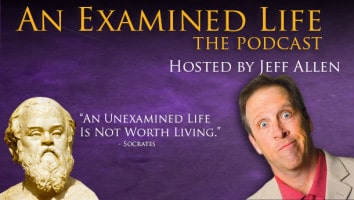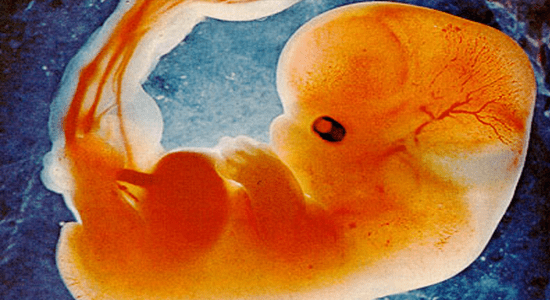Podcast: Play in new window | Download
Subscribe: RSS

Nancy Pearcey, author of books such as How Now Shall We Live and Total Truth and visiting scholar at Houston Baptist University, joins us on today’s show.
Jeff Allen: So, what do you have on the horizon?
Nancy Pearcey: Well, I’m currently working on a book on ethical issues, such as abortion, homosexuality, and euthanasia. Most books on this subject are either about what the Bible says or moral reasoning. I’m showing the worldview, the view of the human person. You cannot really argue morality directly. A person’s morality is always derivative from their worldview. So, you need to go a layer deeper and argue for the worldview itself.
Now, it turns out that secular thinking is driven by a singular worldview that has a low, reductionist view of the human person. This gives us the possibility to make a positive argument for our worldview.
We need to get beyond “Don’t! It’s wrong! That’s a sin!”
That doesn’t work.
What we can do is argue that Christianity gives a much higher view of the human person and that Christian morality respects the human person and grants much higher dignity to the human person than the modern reductionist, materialist view does.
So, it’s going to give us an opportunity to shift to a much more positive argument that shows that Christianity is appealing, attractive, and inviting. I think it’ll give us a different tone as we approach not only secular people, but also other young people who are very confused about these issues.
Jeff: Well, that’s what changed my life. Really knowing that I was created and designed changed everything for me and gave me self-respect and dignity.
You are currently involved in the intelligent design movement, so what do you think of ethical humanism, the catchphrase for the humanist movement?
Nancy: We’re made in God’s image, so people can be good. But, they can’t justify it. They can’t explain why we are human beings or why there is an objective morality. In fact, they can’t be humanist, let alone the “ethical” part, because humanism is the view that humans have some sort of special dignity. There’s a contemporary British philosopher named John Gray, who is an extreme materialist, forever castigating humanists for being inconsistent.
He says, “You humanists are materialists, just like me. So, why do you think there is any basis for human status being higher than the rest of nature? Logically speaking, you have no basis for what you’re saying, and what you are saying you are grabbing from Christianity. The atheist attempt to have human dignity is just a derivative of Christianity.” He has countless articles on this subject.
In my book, I quote a man who is an atheist, Darwinist, and evolutionist, who admitted that survival of the fittest cannot be the basis for universal human rights and that he has “freeloaded from Christianity.” We need to help people see that these people do not have a basis and borrow from Christianity. In Finding Truth, I love being able to show this from the mouths of atheists. That’s one of the best ways to design your apologetics; look at the ways that people recognize that something is missing. When they reach over and borrow from Christianity, that is their way of admitting that their system does not give them a good basis for universal human rights or dignity. Then you know that you’re answering the questions that people really have.
Take the issue of abortion.
People say, “Well, abortion is okay, until it becomes a person.”
At which point you say, “What is before, and why didn’t it have any dignity then?”

It’s a fragmented view that says that your body is just a piece of matter that has no dignity or purpose. There is no teleology, which was one of Darwin’s goals, to remove design and meaning from nature. So as long as you are just biologically human, you have no status, dignity, or moral standing. There is no reason to give you legal protection. Then suddenly, in some magical way, you are transformed into a person. There is no way to identify when, how, or what personhood even is. It turns out that this fragmented view of the human person is at the heart of all our moral issues, and since it starts out with such a low view of who we are, biologically speaking, it gives us Christians an opportunity to argue how our even our biology is a creation of God and has value, worth, and moral standing.
If you want to learn more about Nancy Pearcey, go to the pearceyreport.com, which covers cultural issues from a Biblical perspective.